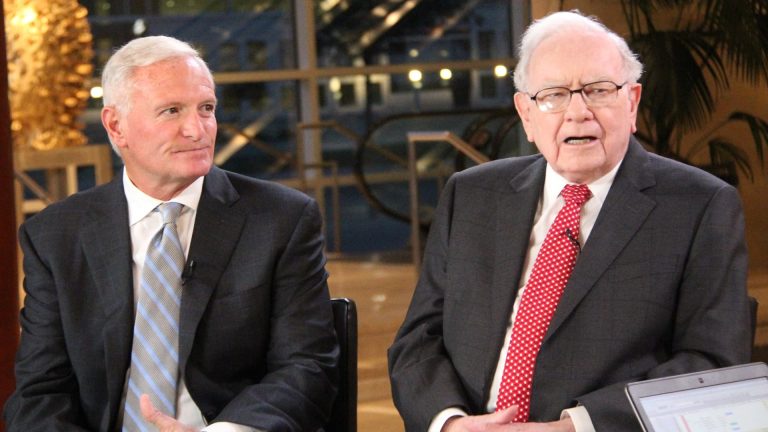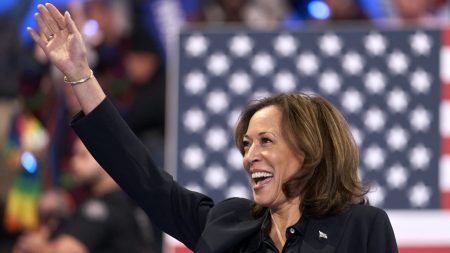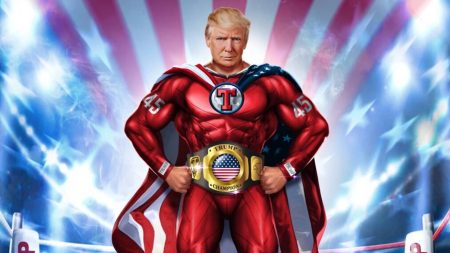A billion-dollar trial that was to determine if Berkshire Hathaway improperly used an accounting method that would significantly short-change the Haslam family in a purchase of the family’s remaining minority stake in Pilot Travel Centers has been canceled in Delaware Chancery Court.
The trial had been due to start Monday and conclude Tuesday.
It was not immediately clear why the trial was canceled and if Berkshire Hathaway — which is headed by CEO Warren Buffett — or the Haslams have settled their dispute involving Pilot Travel Centers, the biggest truck-stop chain in the United States.
It was also not clear whether the cancelation would affect claims by Berkshire that family member Jimmy Haslam, who also owns the Cleveland Browns football team, had offered “illicit side payments to numerous PTC senior executives” to boost the value of the family’s remaining stake that Berkshire would be compelled to purchase.
Last month, it was reported that federal prosecutors in New York were investigating those allegations about Jimmy Haslam.
“This confirms that the trial scheduled in this matter for January 8 and 9, 2024, is hereby canceled and has been removed from the Court’s calendar,” according to a notice on the Chancery Court’s docket.
CNBC has requested comment from spokespeople for Berkshire and the Haslam family.
The cancellation late Saturday came two days after a brief conference held by a judge in the case with the lawyers for Berkshire Hathaway and the Haslams to discuss the logistics of the trial.
Buffett’s designated successor Greg Abel was expected to testify at the trial, whose outcome could have led to Berkshire paying up to $1.2 billion more for the Haslams’ stake in the company than Berkshire otherwise would pay.
Berkshire owns 80% of PTC after having spent $11 billion in separate purchases in 2017 and then again last January to buy out the majority stake owned by the Haslams.
The Haslams had a “put option” to compel Berkshire to buy out their remaining 20% state every year thereafter.
Last year, the family sued Berkshire, alleging that the conglomerate had used so-called pushdown accounting that would have the effect of lowering the stated value of PTC, and thus short the Haslams on what would be legally owed to them.
The Haslams said that form of accounting was not authorized by them.
Berkshire in turn had argued that its use of pushdown accounting was not a change in accounting policy that was barred by its purchase agreement with the Haslams.
Read the full article here









